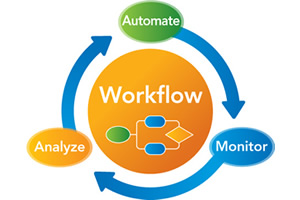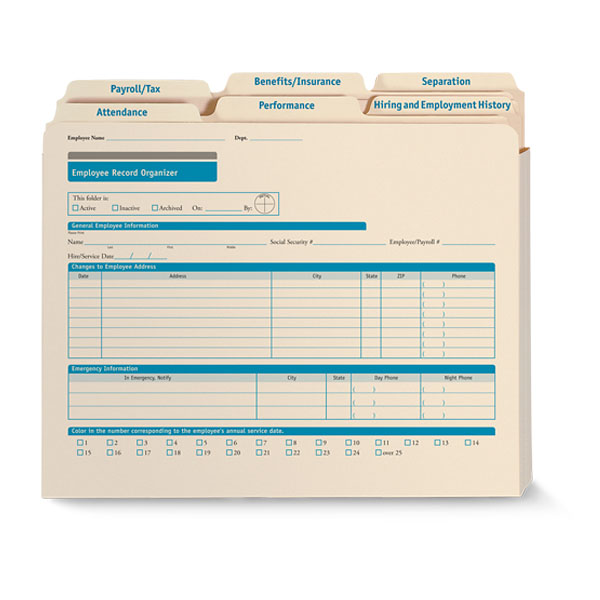Microfilm is a medium that has withstood the test of time, being used for well over a century. There are a plethora of reasons for this, not least of which being that it can last more than 500 years when stored in the correct conditions. Prior to the digital age when physical storage was a pressing issue, the ability to store high volumes of information on a small reel was particularly attractive.
Microfilm: The Unlikely Survivor in the Digital Age
Topics: micrographics, microfilming
Microfilm & Microfiche to Digital: A Transition Guide
Microfilm and microfiche have both withstood the test of time. Dating back to pre-1900, the technology has been used commercially and by library and archival institutions since, to keep records and retain documents. While the format is certainly not dead, there has been a realization that there are more effective ways to store and access these documents that are free from many of the disadvantages inherent to the formats, namely:
A combination of factors – eco-friendliness, cost effectiveness, efficiency, etc. – have made the paperless office an increasingly popular option for many businesses. But like any organizational change, there needs to be a strategy behind making the transition so that your company can go paperless without adversely impacting operations. Here are a few tips on going paperless for your business.
5 Ways Document Workflows Can Increase Your Productivity
In simple terms, document workflows describe nothing more than a sequence of activities – in other words, processes – involved in completing tasks or reaching defined goals. Every business uses workflows: it is the effectiveness of these workflows that truly make the difference. Document workflows exist to provide structure to the way your organization files, stores, retrieves and secures business-critical documents, so they can be managed to ensure effective operations.
While it sounds easy enough, many businesses struggle with implementing and maintaining effective document workflows. If you count your organization among them, this should be cause for concern, as document workflows can greatly increase productivity. Here’s how.
Topics: Workflow, Document Management and ECM
How Improper Document Management Can Be A Money Pit
Most organizations, whether knowingly or unknowingly, have document management processes that are rife with inefficiencies. There are many reasons for this, the foremost likely being that document management isn’t a common area examined when businesses are looking to find cost efficiencies.
This is somewhat ironic as an efficient document management strategy may be the best way to curtail exorbitant costs. Indeed, poor document management can be a money pit, resulting in substantial (and unnecessary) expenditures. Below are a few examples of how improper document management harms the financial health of businesses.
Topics: Document Management and ECM
How to Improve Your Recruitment Process with Better Document Management
It’s common knowledge that people are what really drive success in a business. Without a talented team, no organization can truly improve and excel. That’s why acquiring the right talent is so critical. Yet, many businesses still battle inefficiencies in their recruitment process that make it difficult to recruit and hire the perfect candidate for the job. Typically, these inefficiencies can be attributed in large part to poor document management. As a result, improving your document management can in fact improve your recruitment process. Here’s how.
Topics: human resources
The Disadvantages of Using a Shared Drive to Manage Documents
CLICK HERE TO CHECK OUT OUR 2018 UPDATE ON THIS TOPIC!
As digital technology has permeated all areas of business, many organizations have made the transition from paper document management to an electronic system. Most commonly, they manage documents via a shared company drive which contains all necessary records and documents needed for the business to operate. While shared drives offer a number of advantages over paper-based systems, they still have significant downfalls. Below are some of the most common problems with shared drives being used to manage documents.
Topics: document management system, shared drives
The Best Practice Guide for Applicant Tracking and Scoring
A large percentage of an HR professional’s time is devoted to the process of talent recruitment and acquisition. When all is said and done, a new hire can be quite a time consuming endeavor. Poring over resumes, conducting series upon series of interviews, hiring and on-boarding – it can be a lengthy, time intensive process. But, there are some best practices regarding applicant tracking and scoring that can help to expedite the process, while still ensuring you make the right hiring decisions for your business. Here are a few of them.
Topics: HR
3 Horrible Mistakes Your Business Is Making By Not Going Paperless
Many organizations are skeptical about going paperless. It may seem like a daunting task that requires significant change, as well as quite a bit of monetary investment. And in some cases, this is exactly what is required. However, often they fail to look at the other side of the equation; namely, what not going paperless is costing their business. Here are 3 horrible mistakes your business is making by not eliminating paper.
Topics: paperless office
Why Managing Traditional Employee Records Costs You Time and Money
While employee records are – from both a legal and operational perspective – necessities of doing business, their management can cost you a lot of time, resources, and money. Ensuring that employee records are up to date is important for a variety of reasons: informing decision making processes; staying on top of performance and salary reviews; even compliance to labour laws and regulations. Because management of employee records is so critical, the format of your records and the efficiency of your management process can have a significant impact on your business. For those using more traditional methods for keeping employee records, it’s likely that your process is costing you both time and money – here’s why.
Topics: HR, Electronic Records










